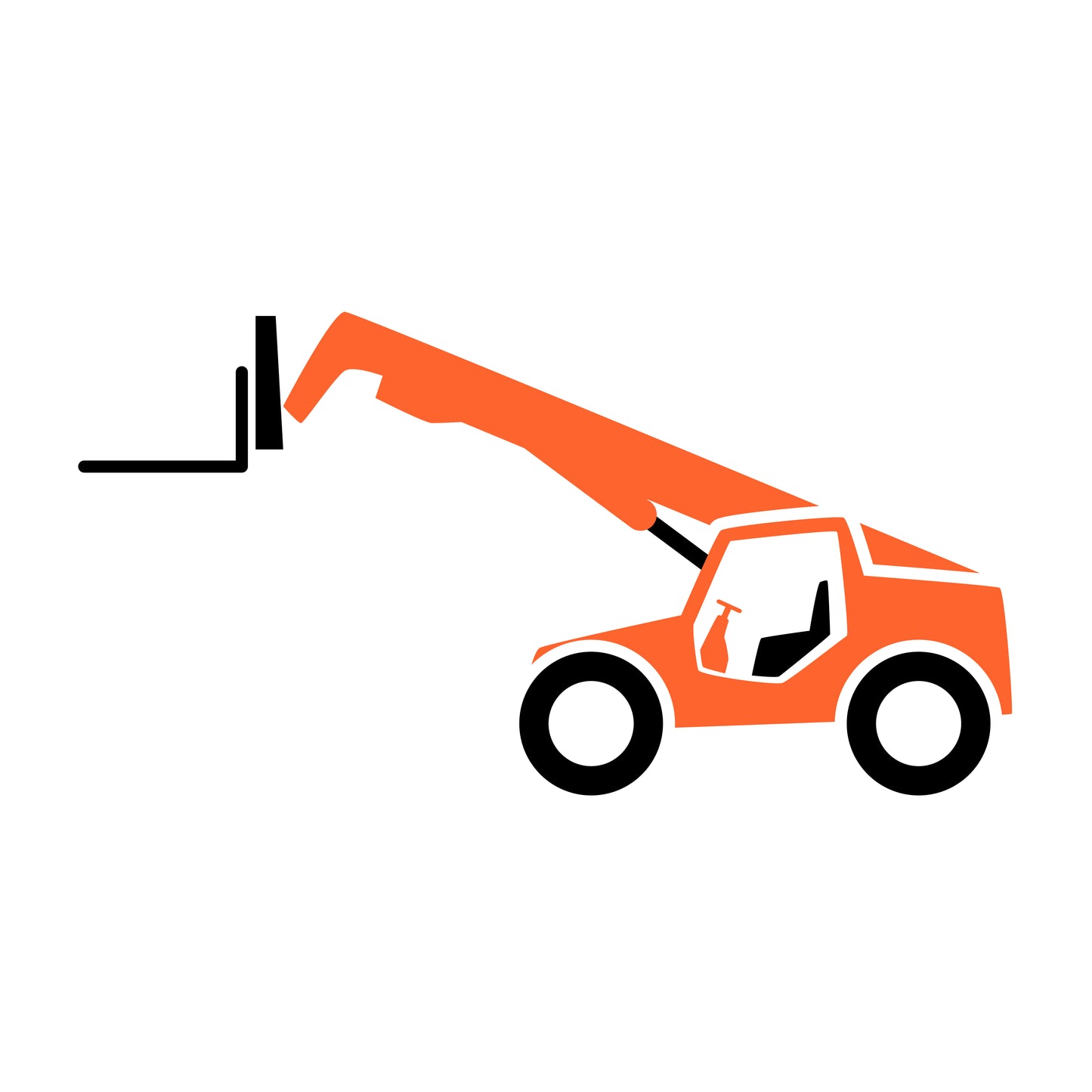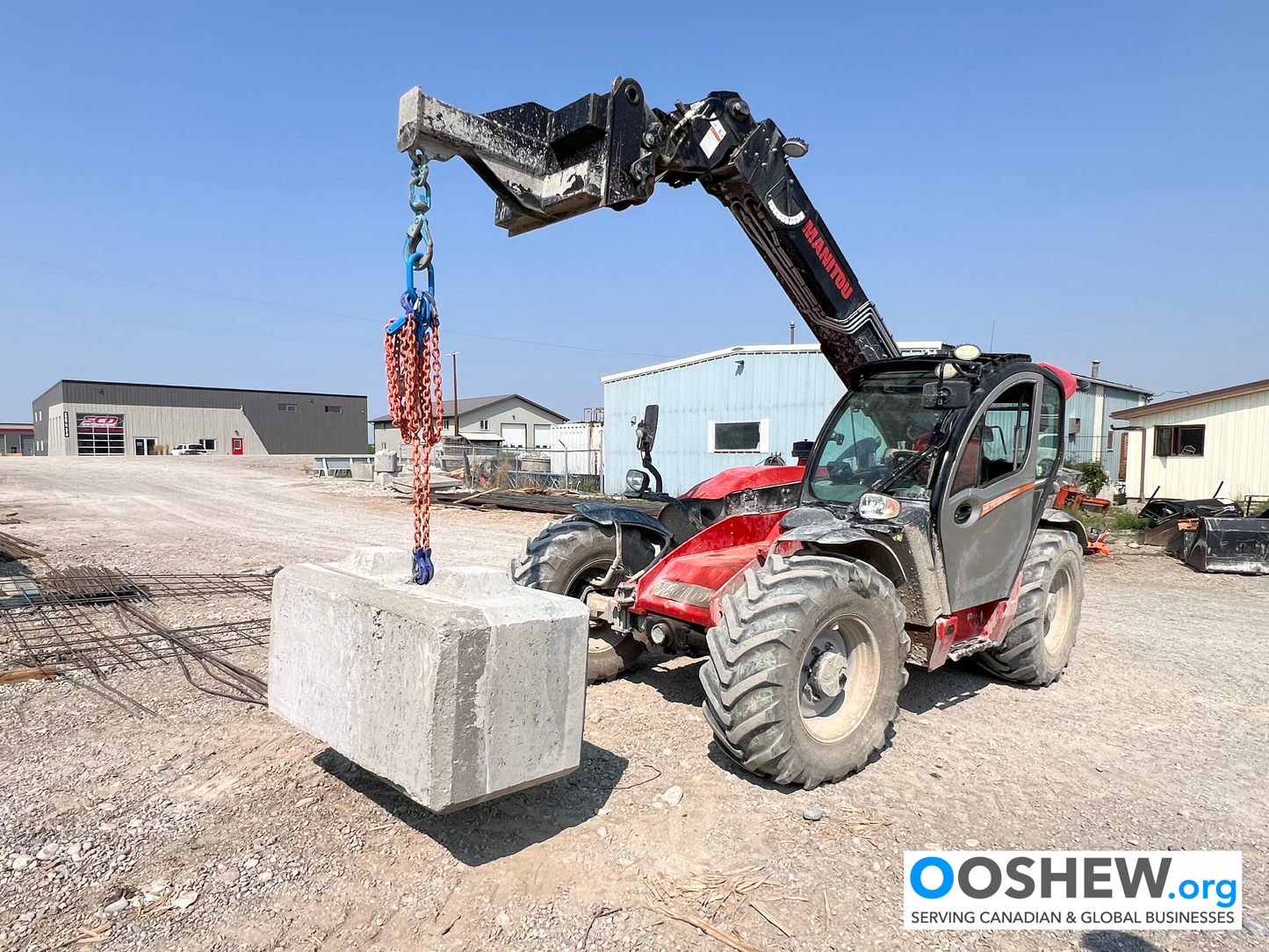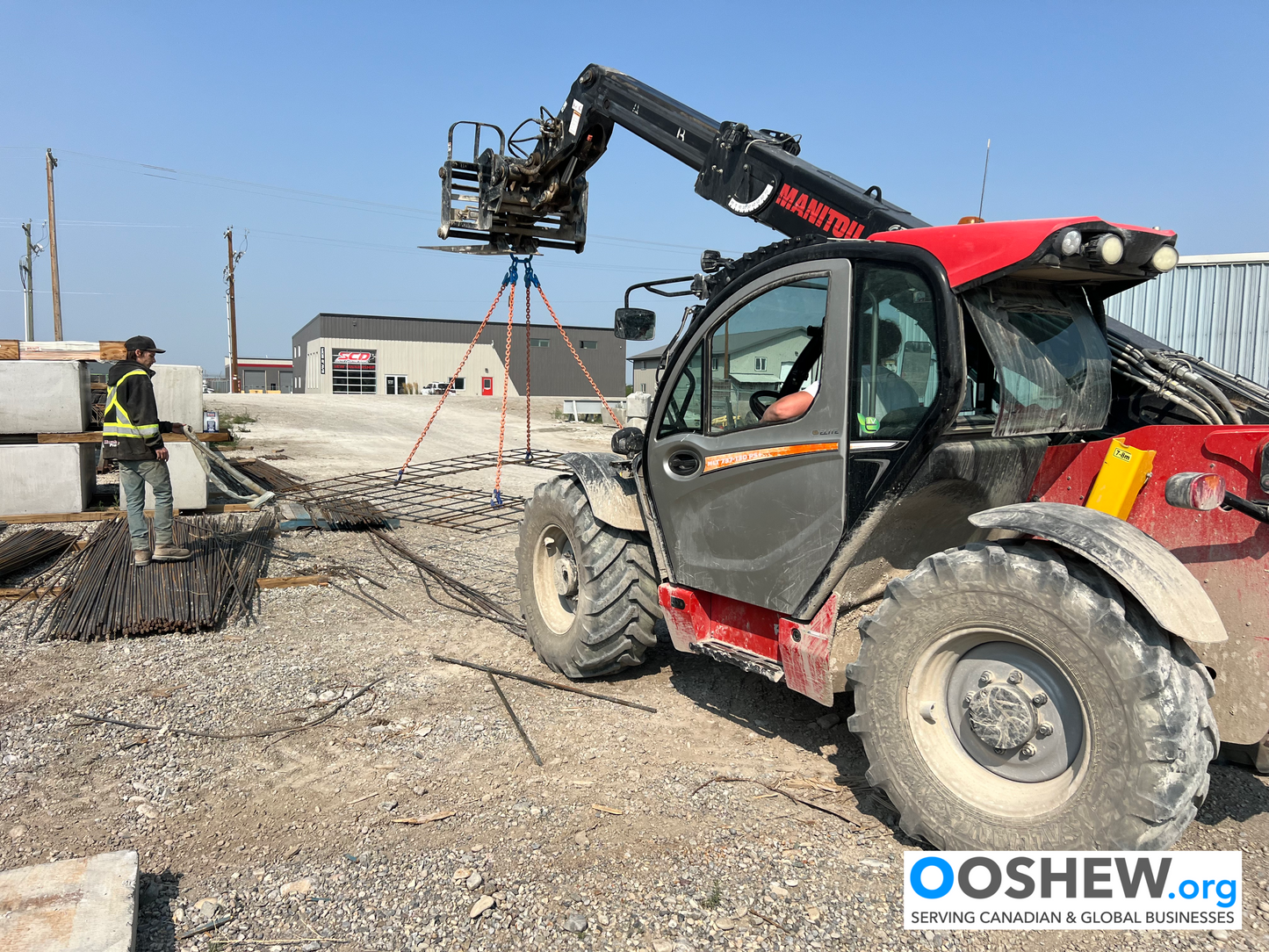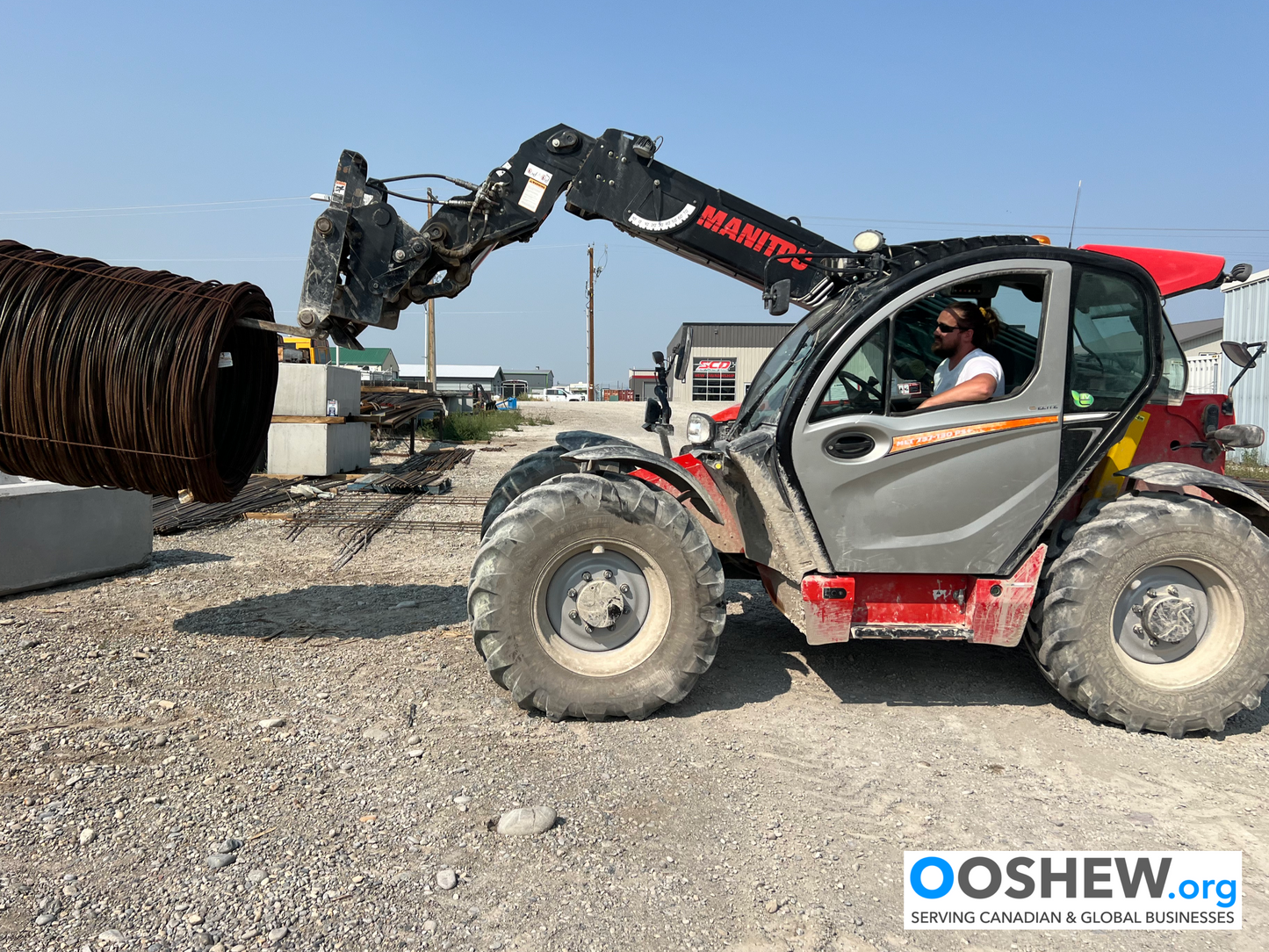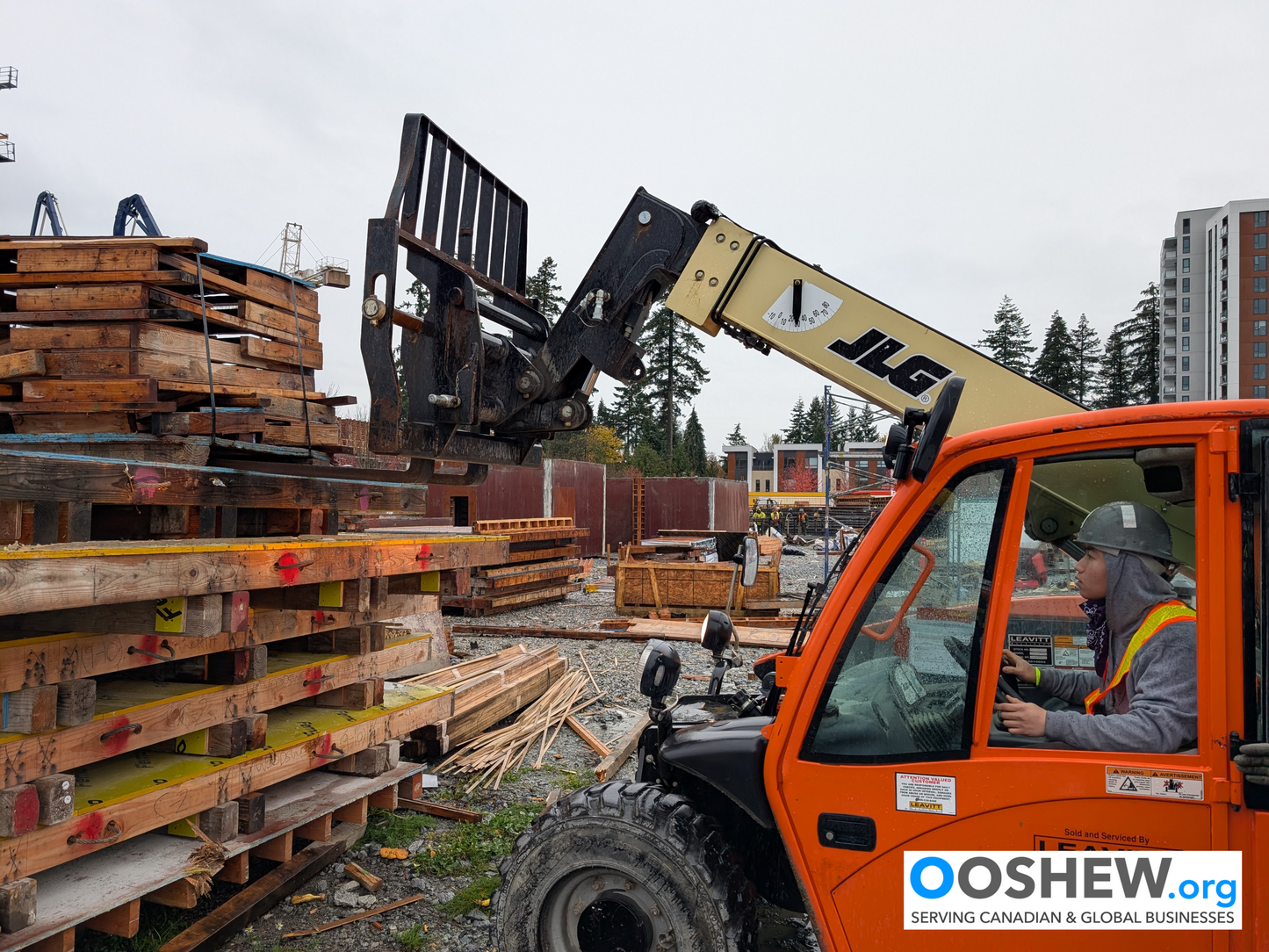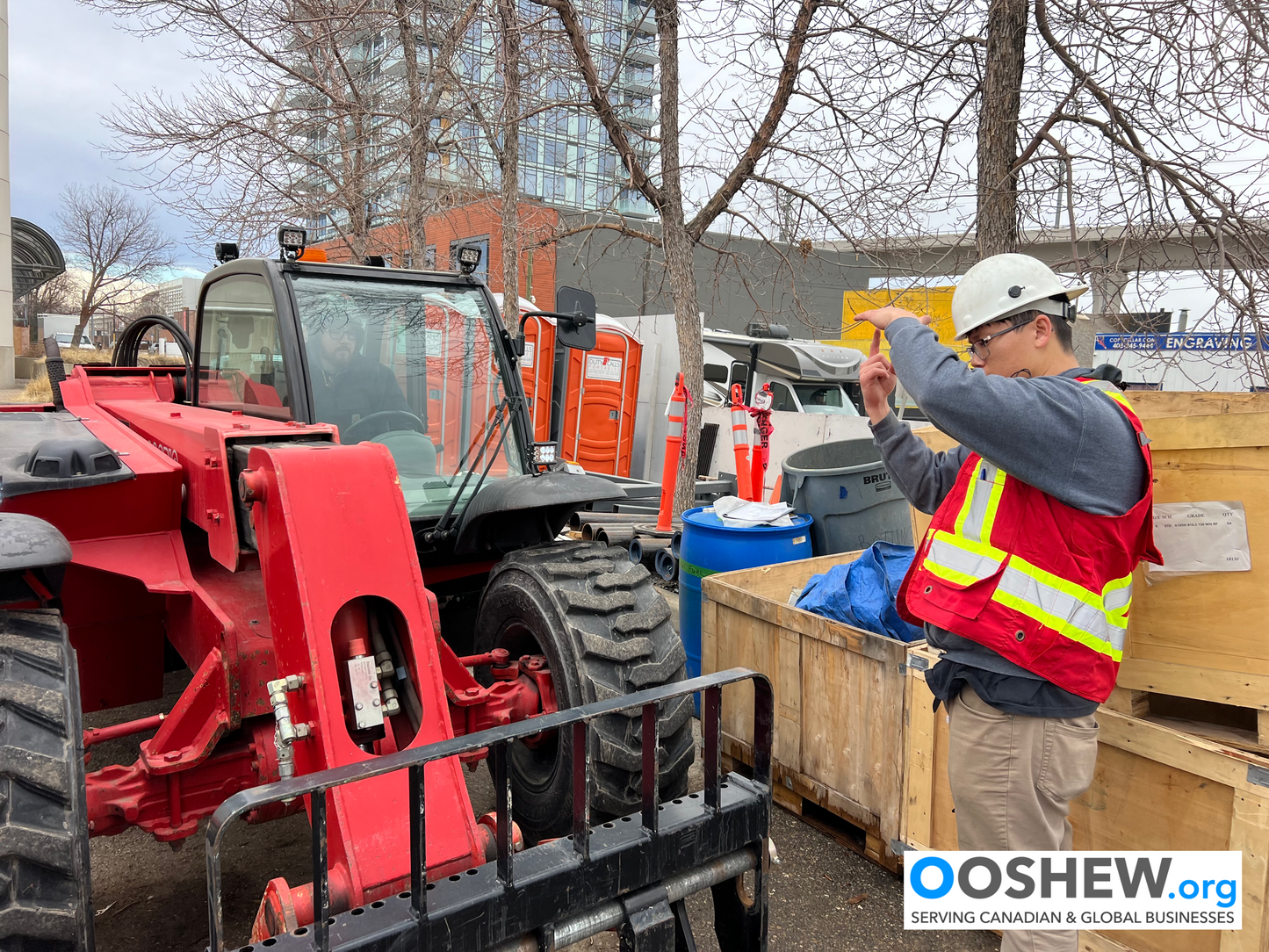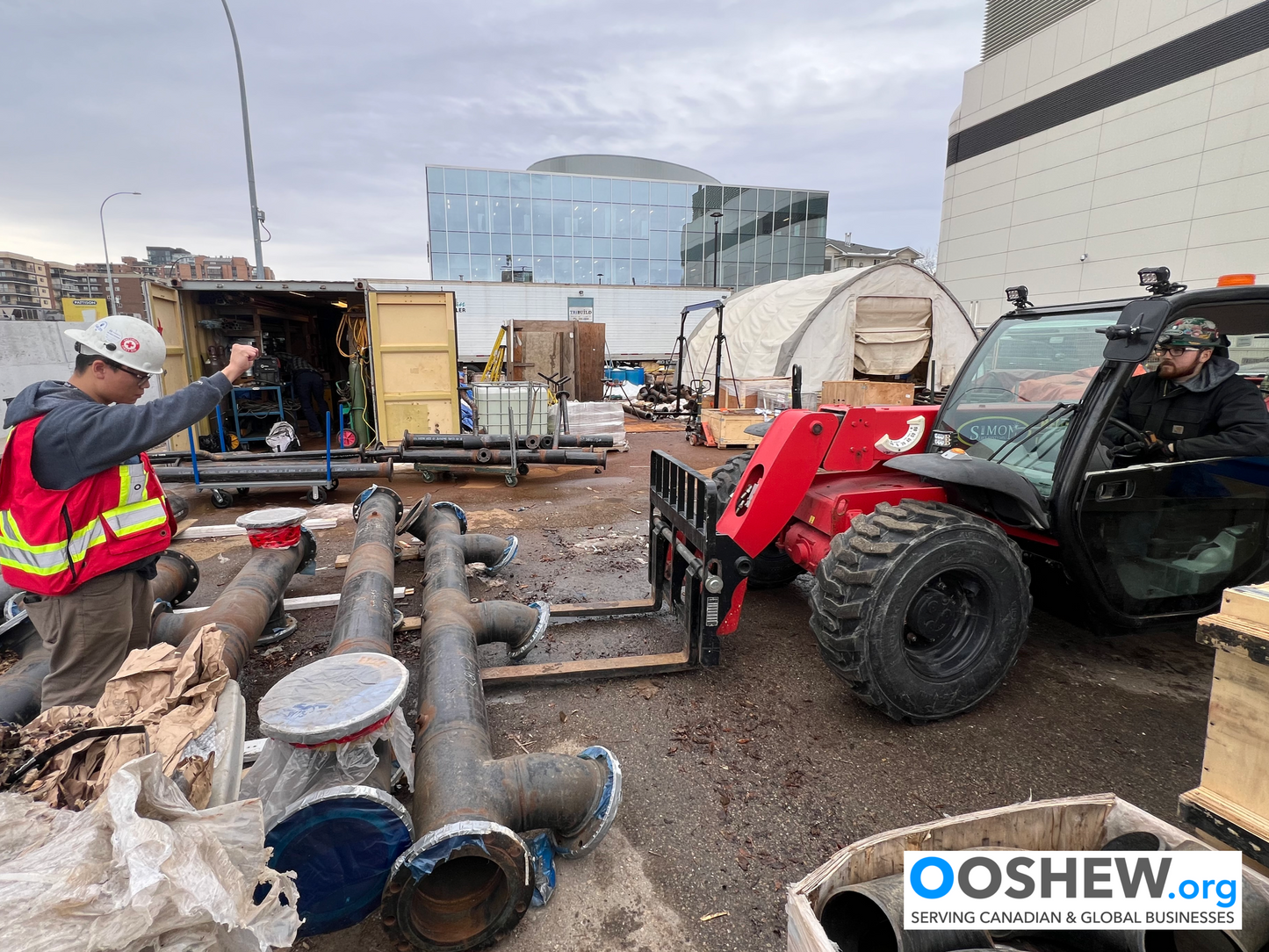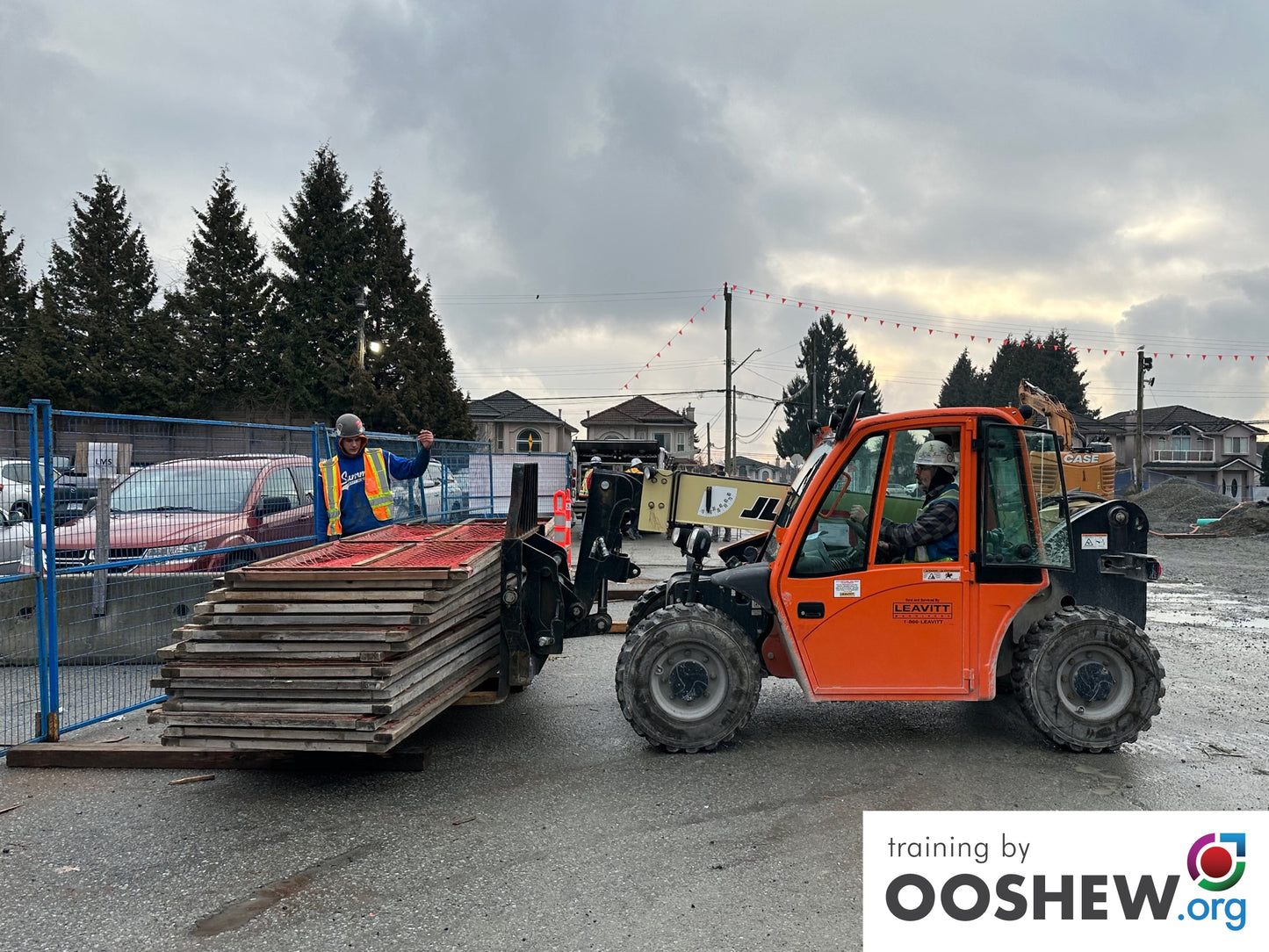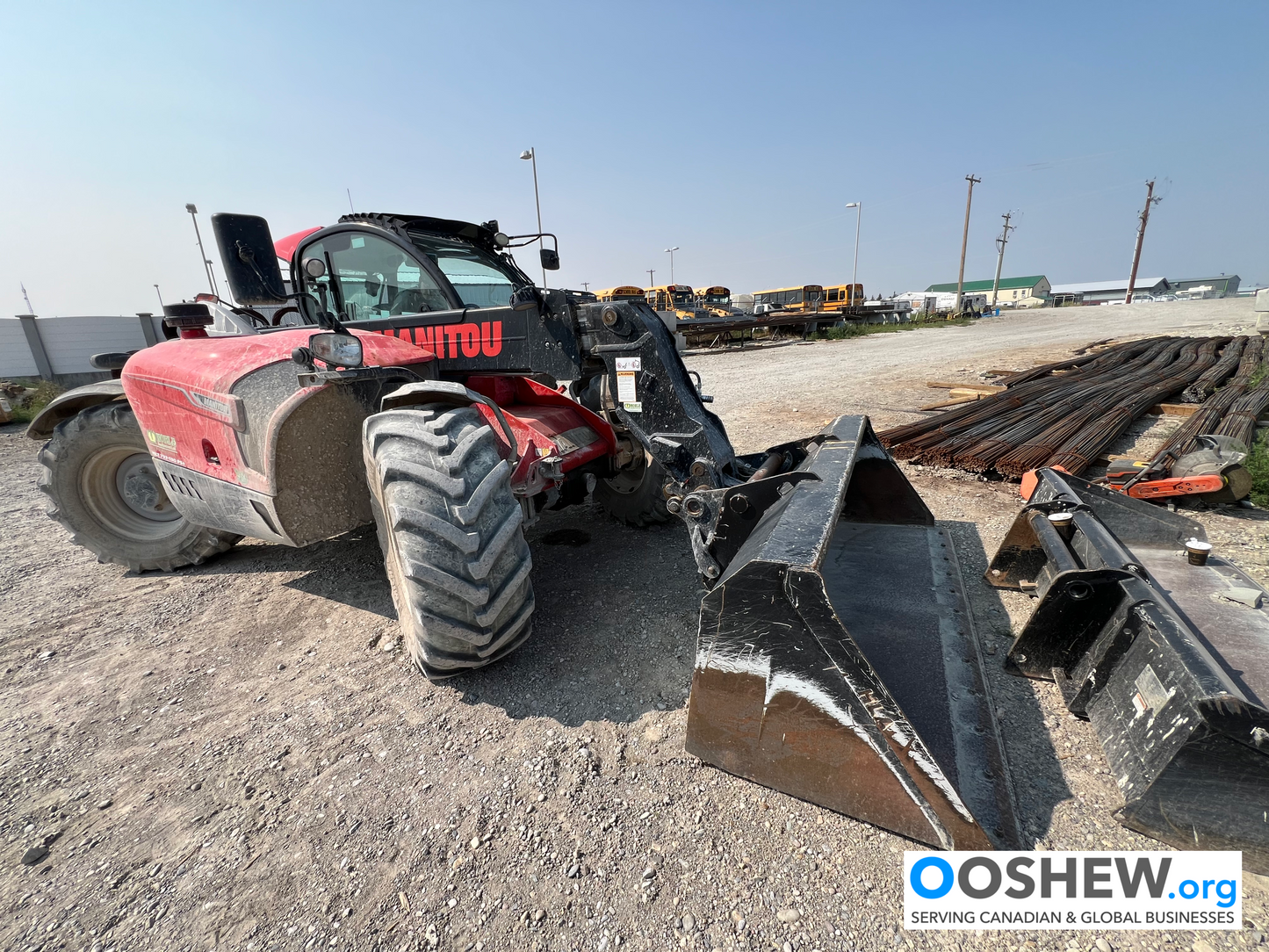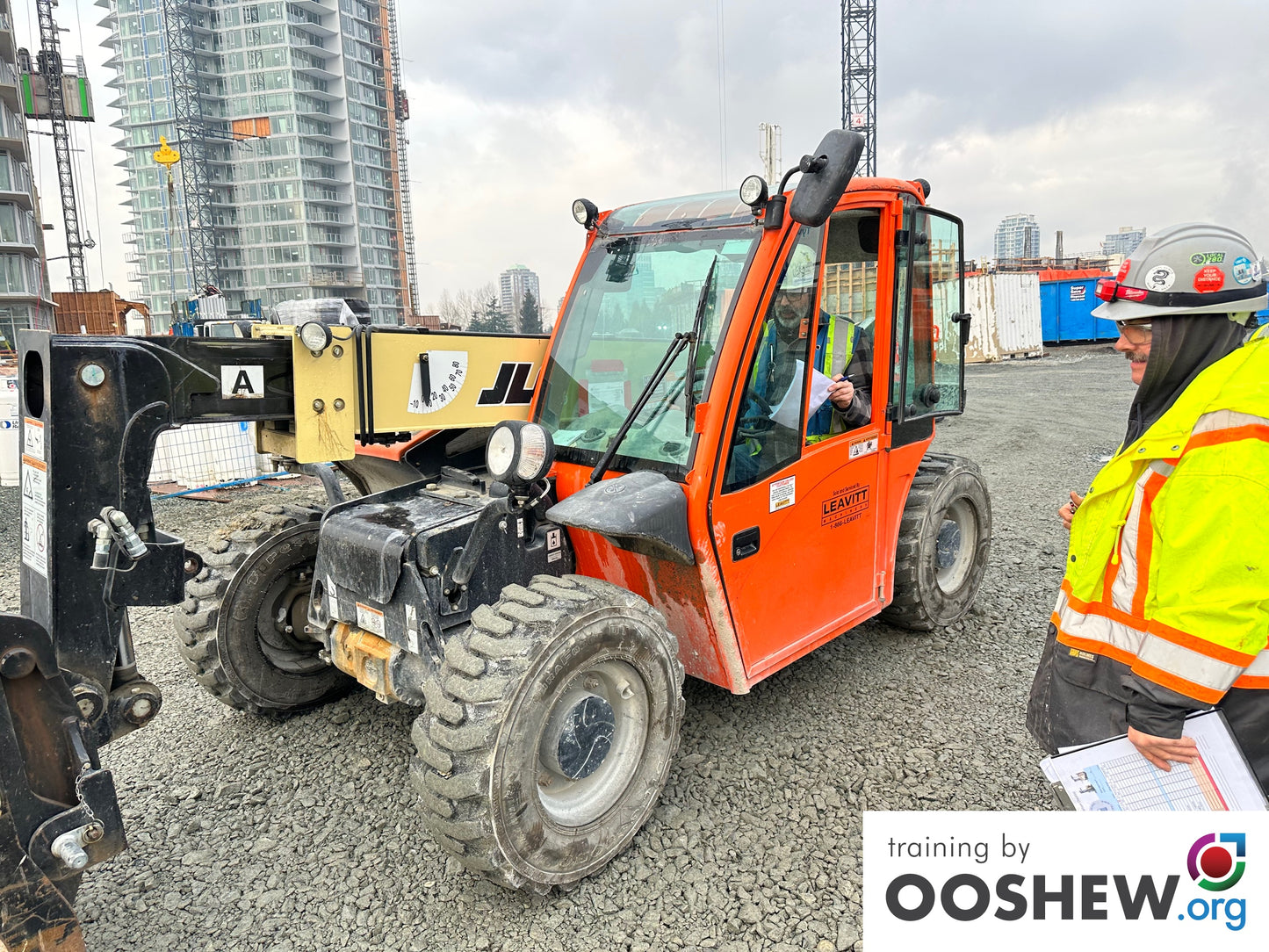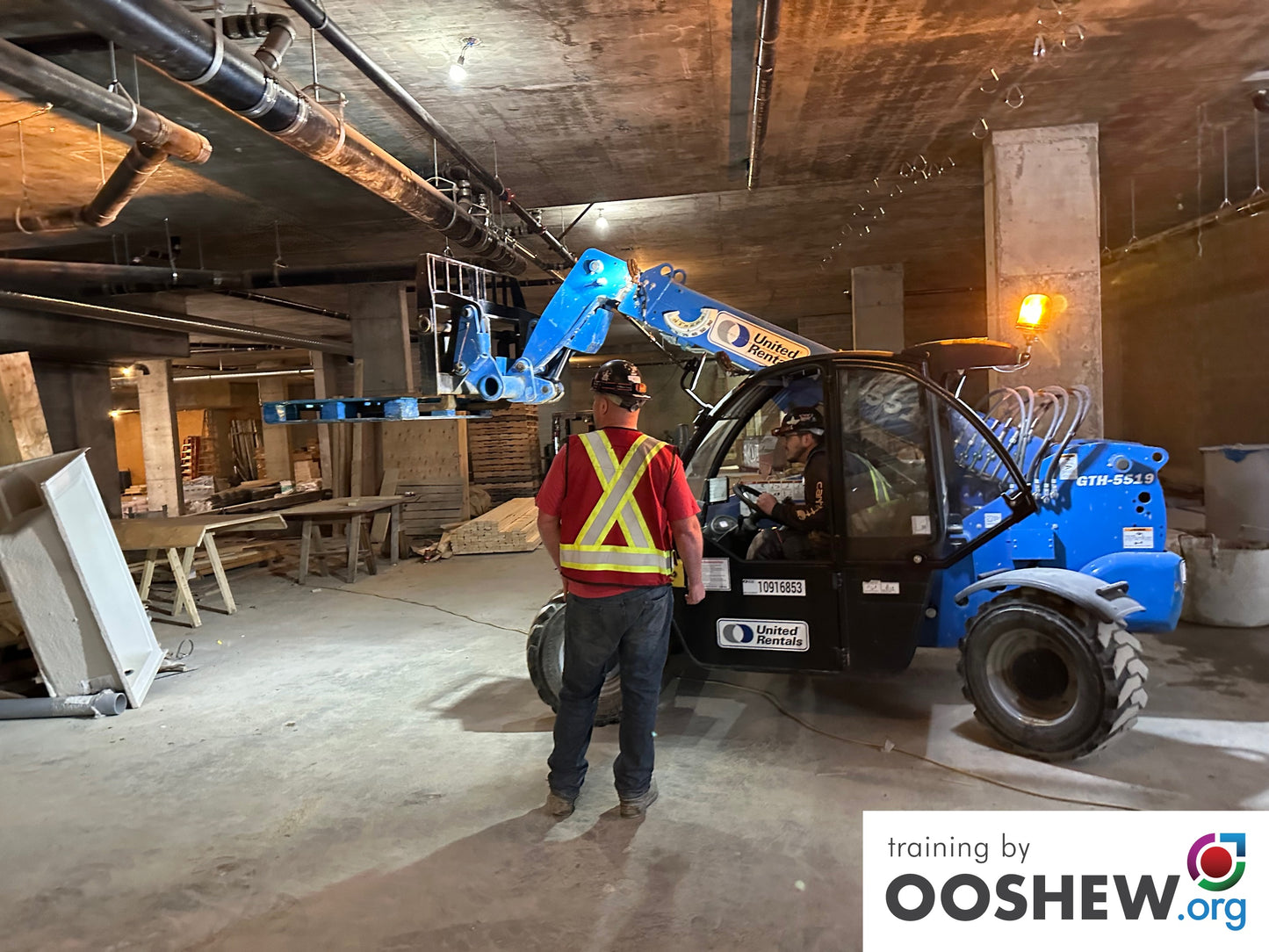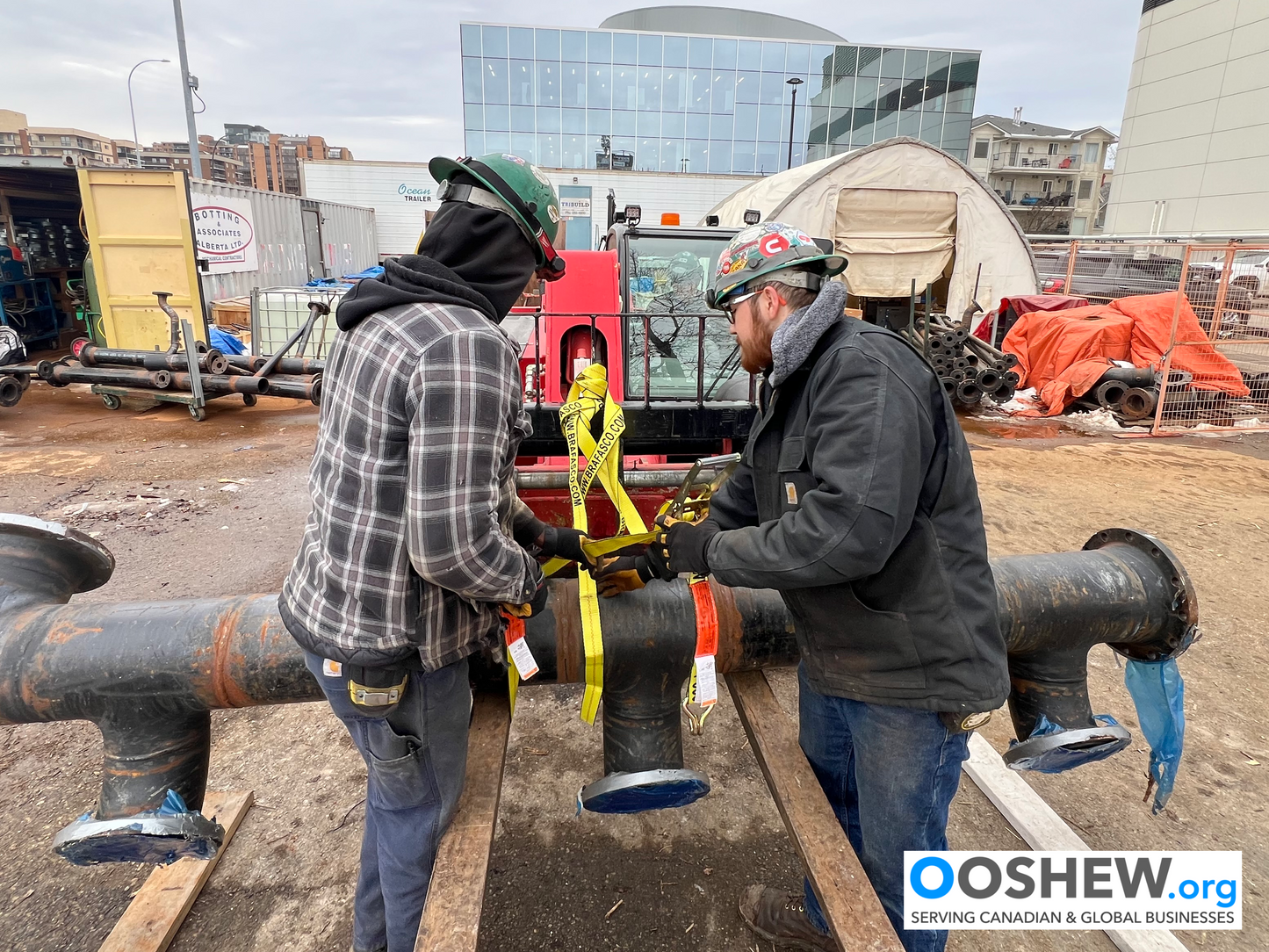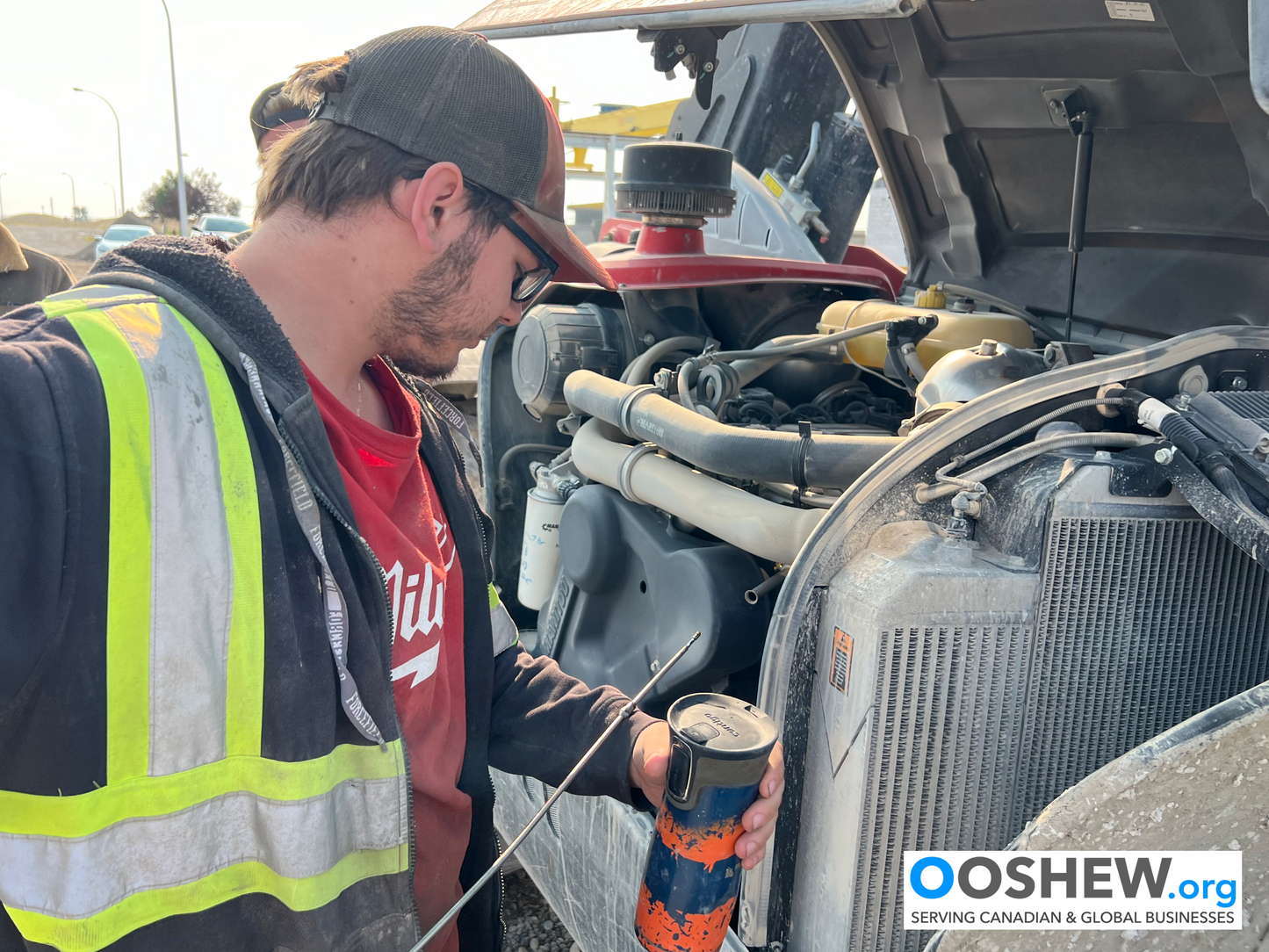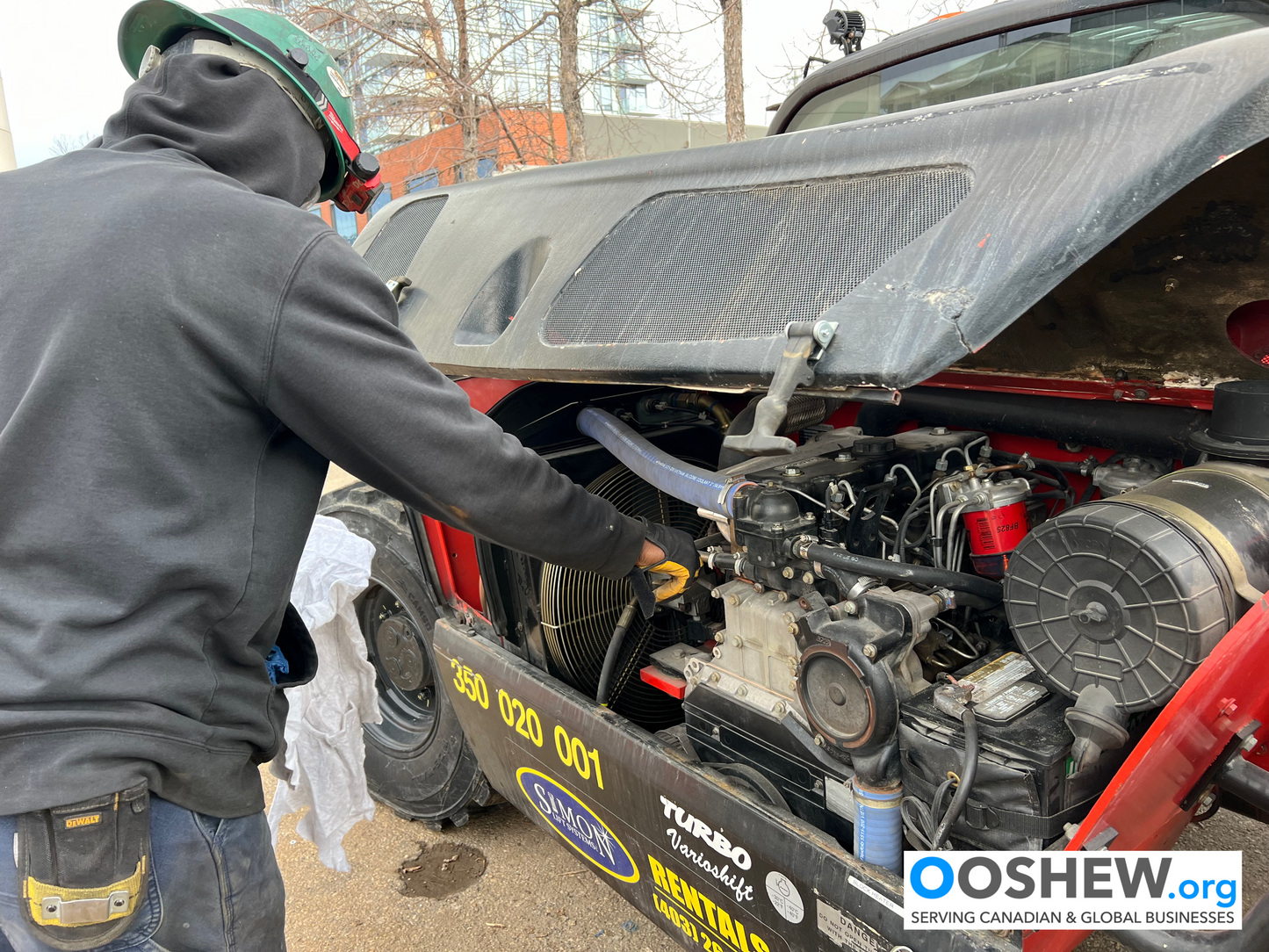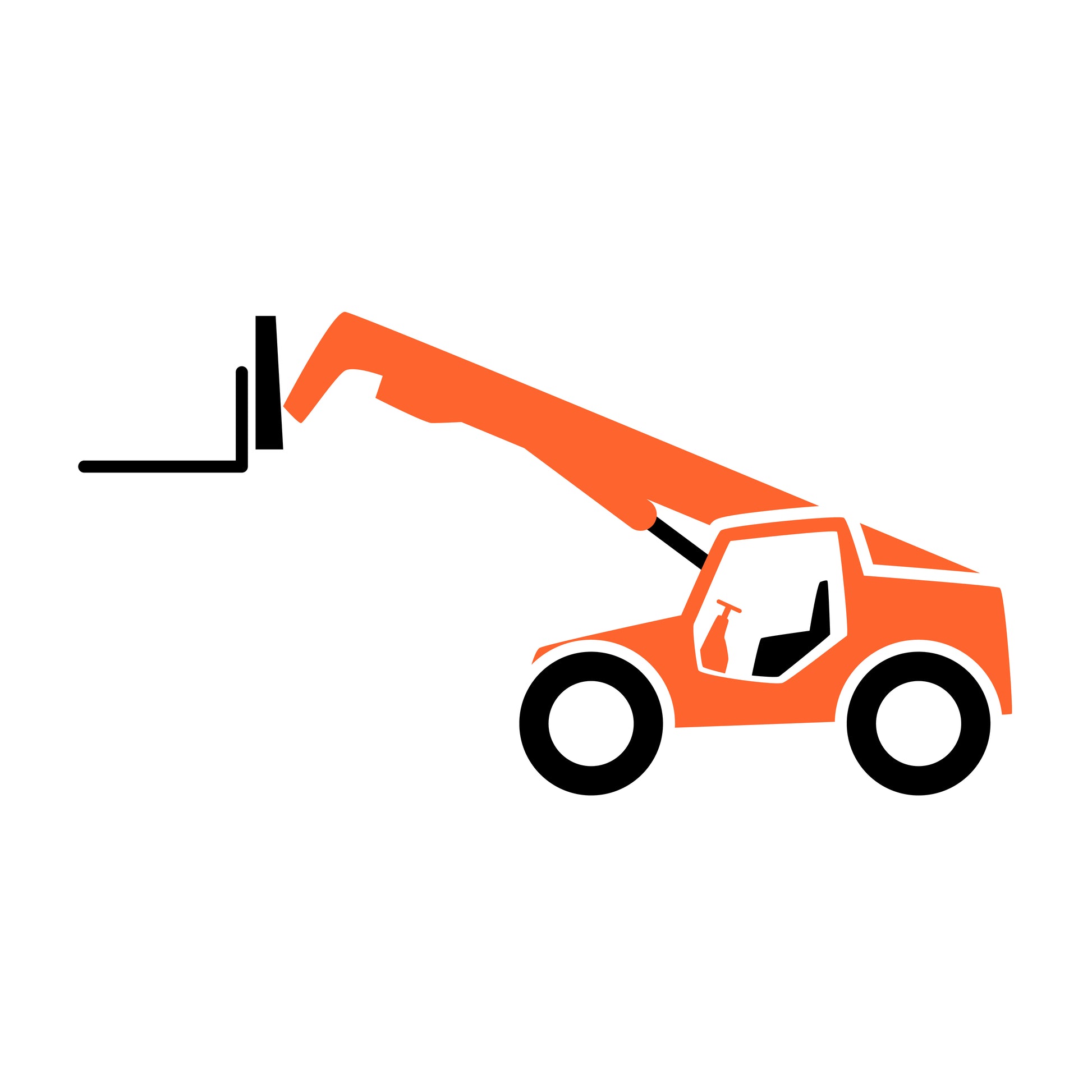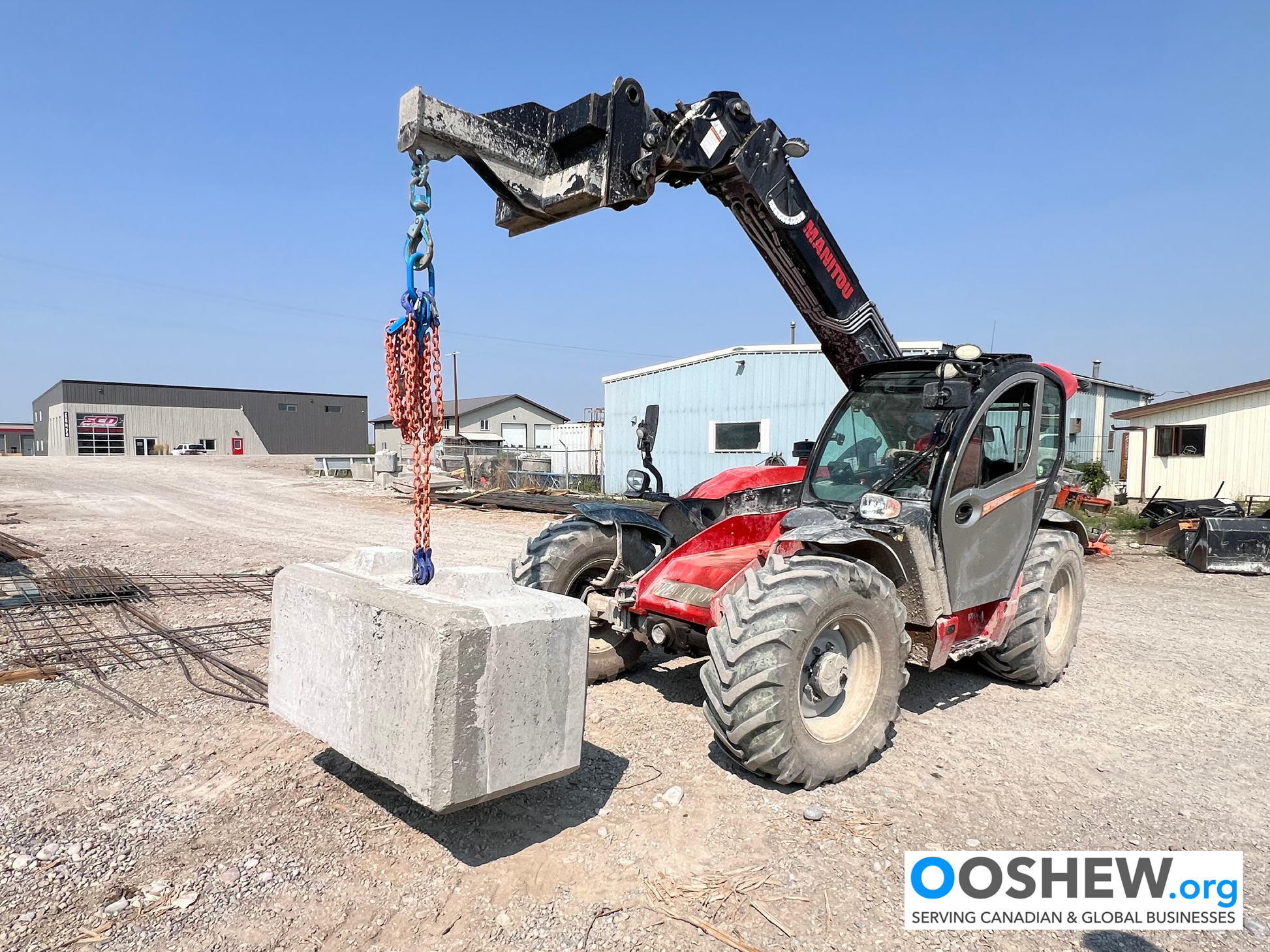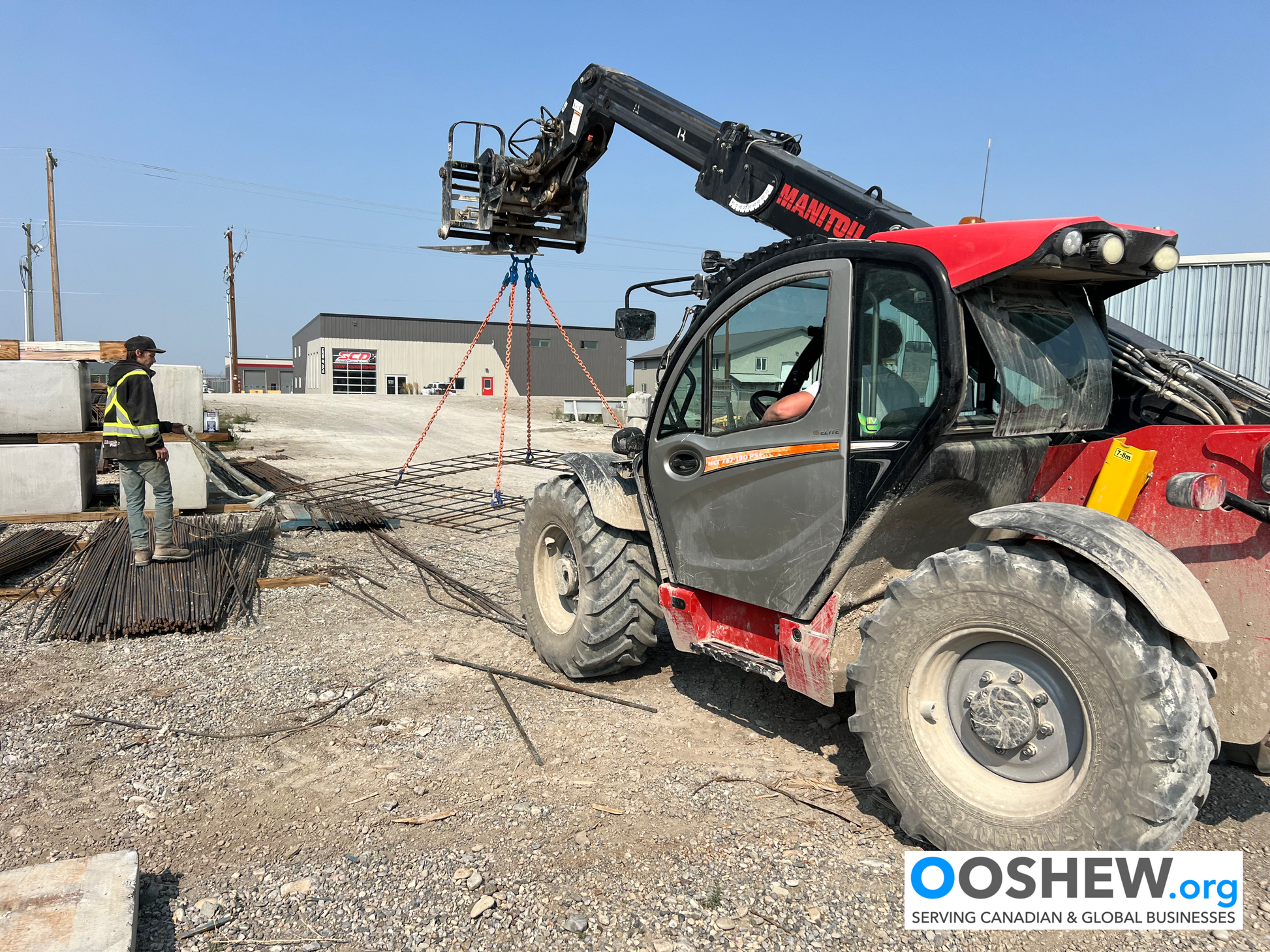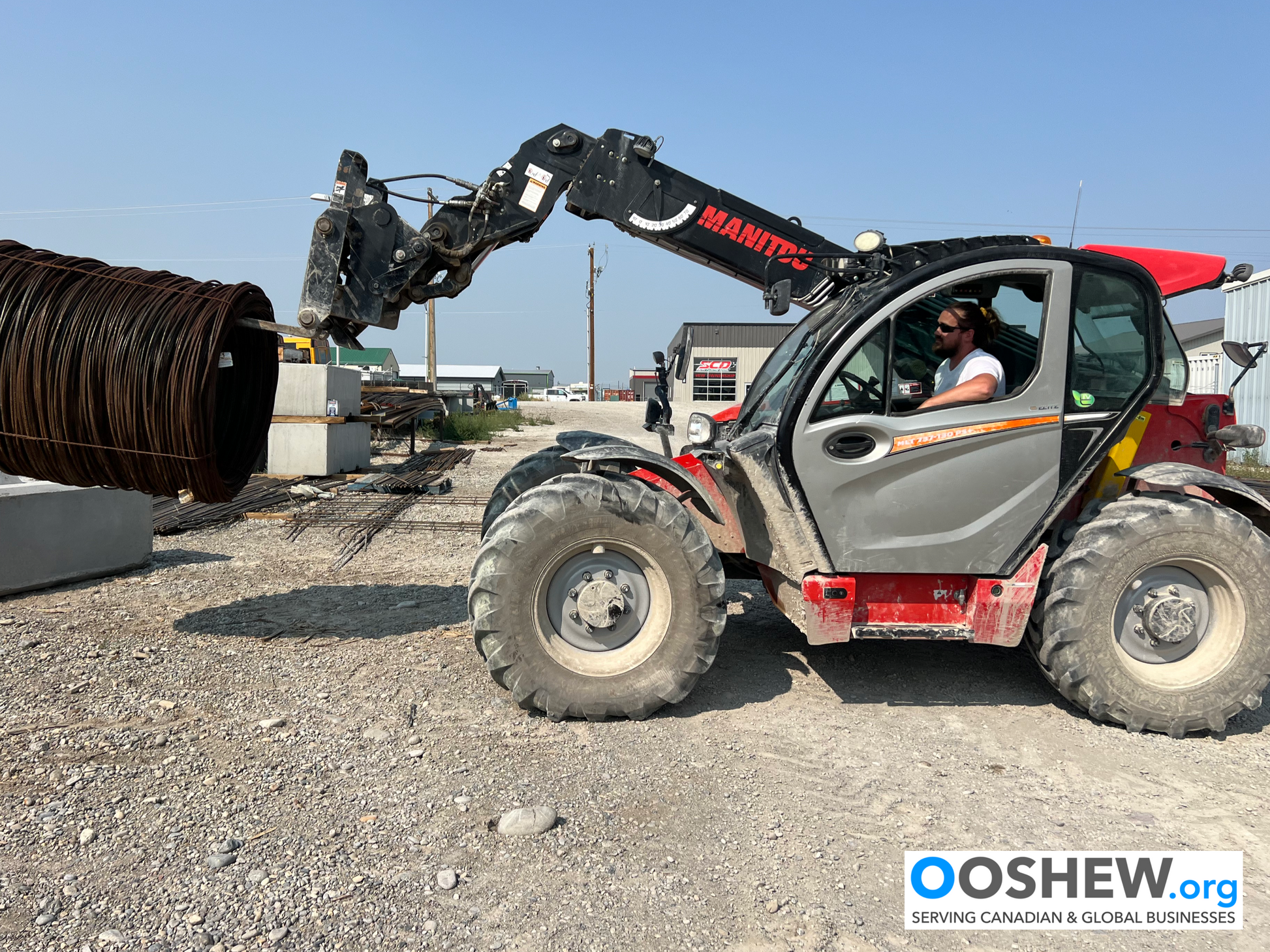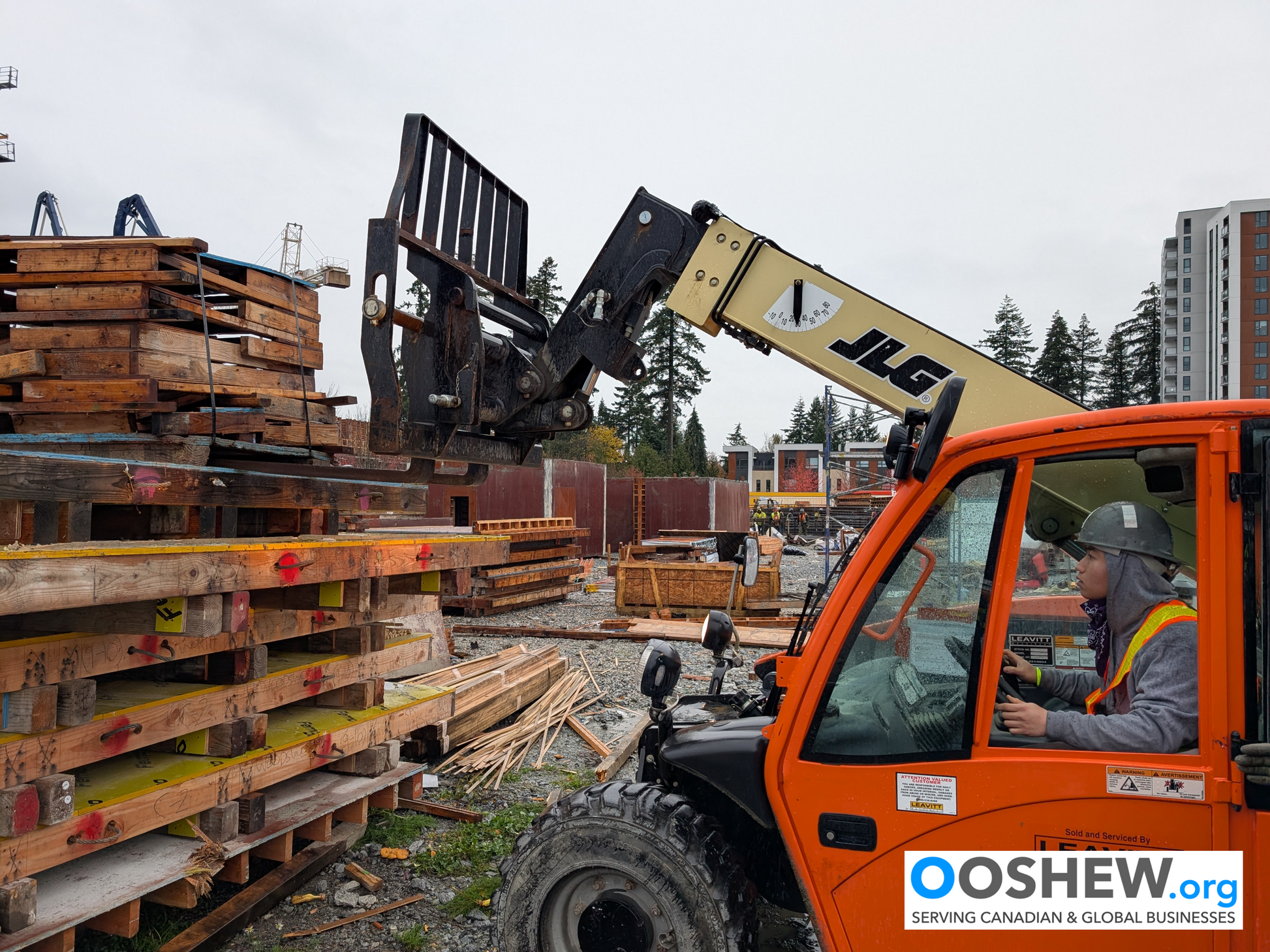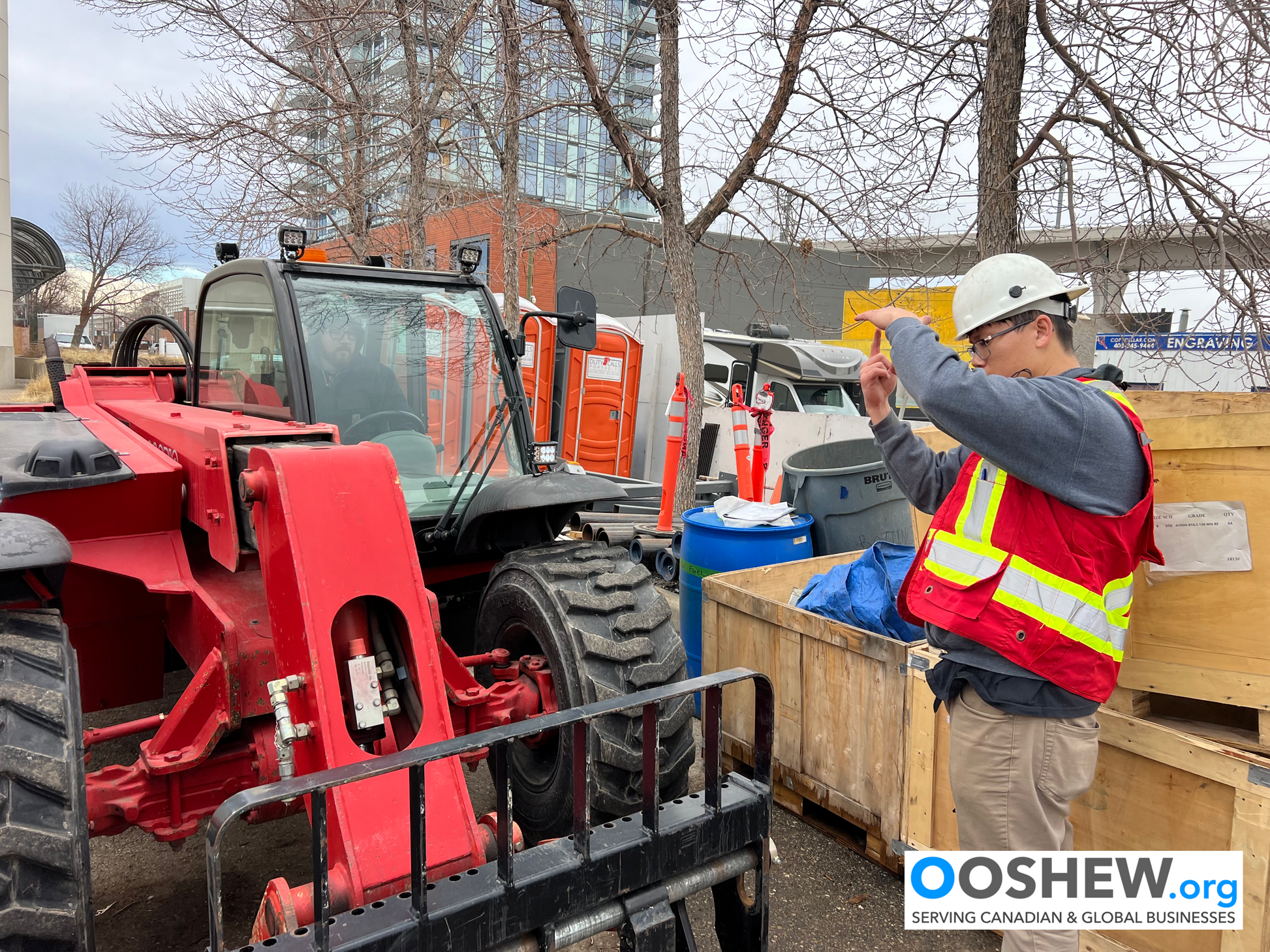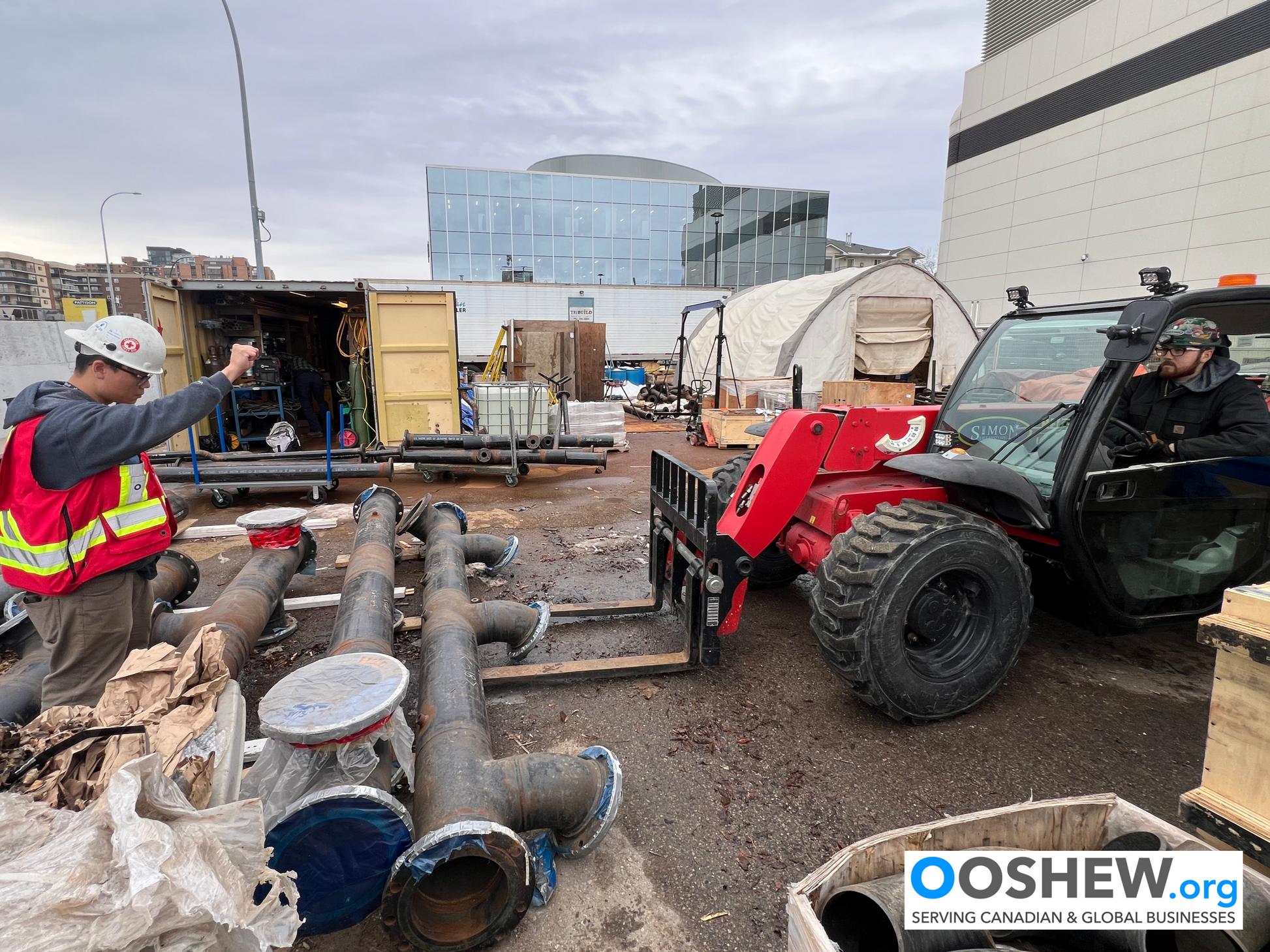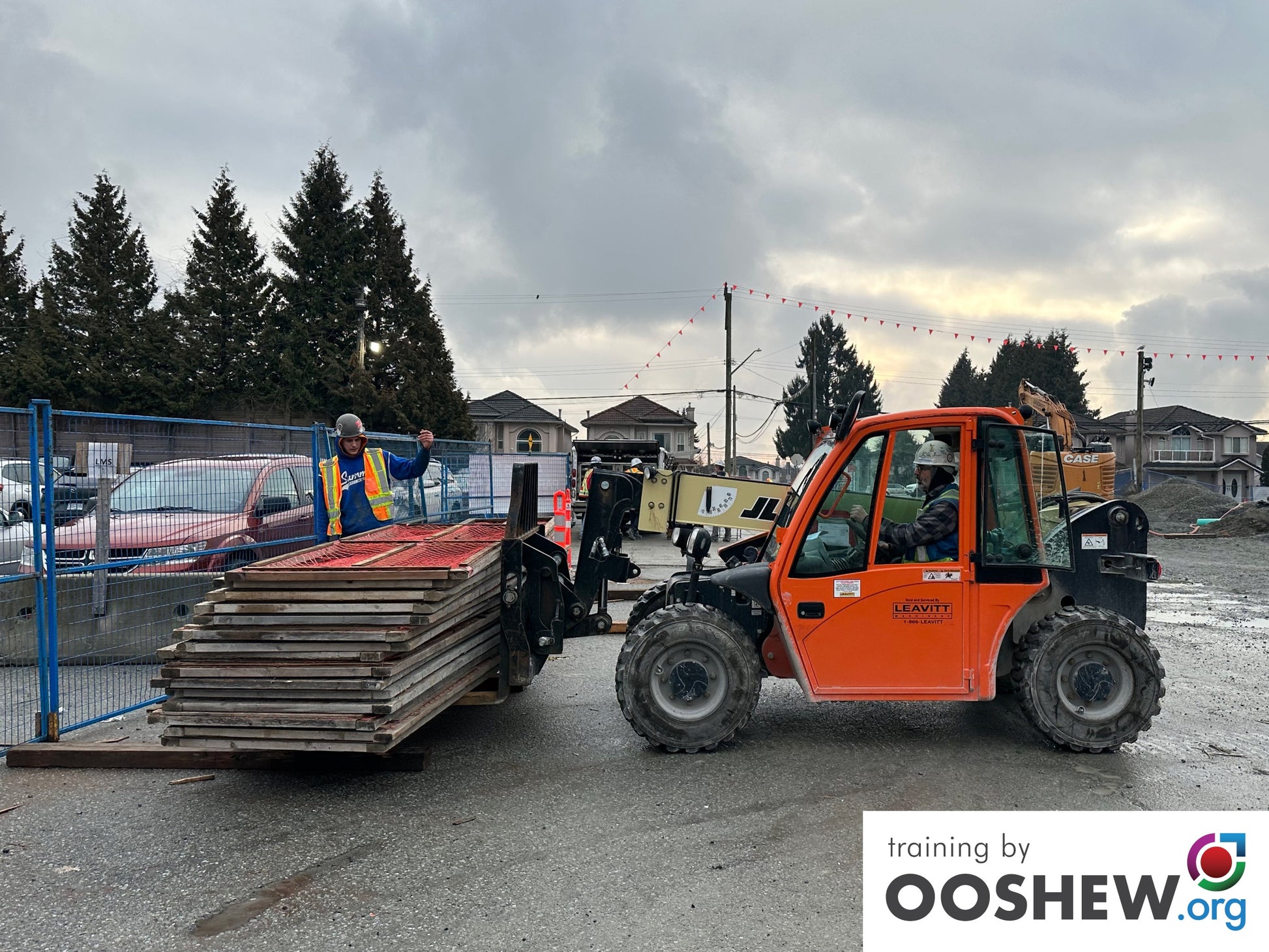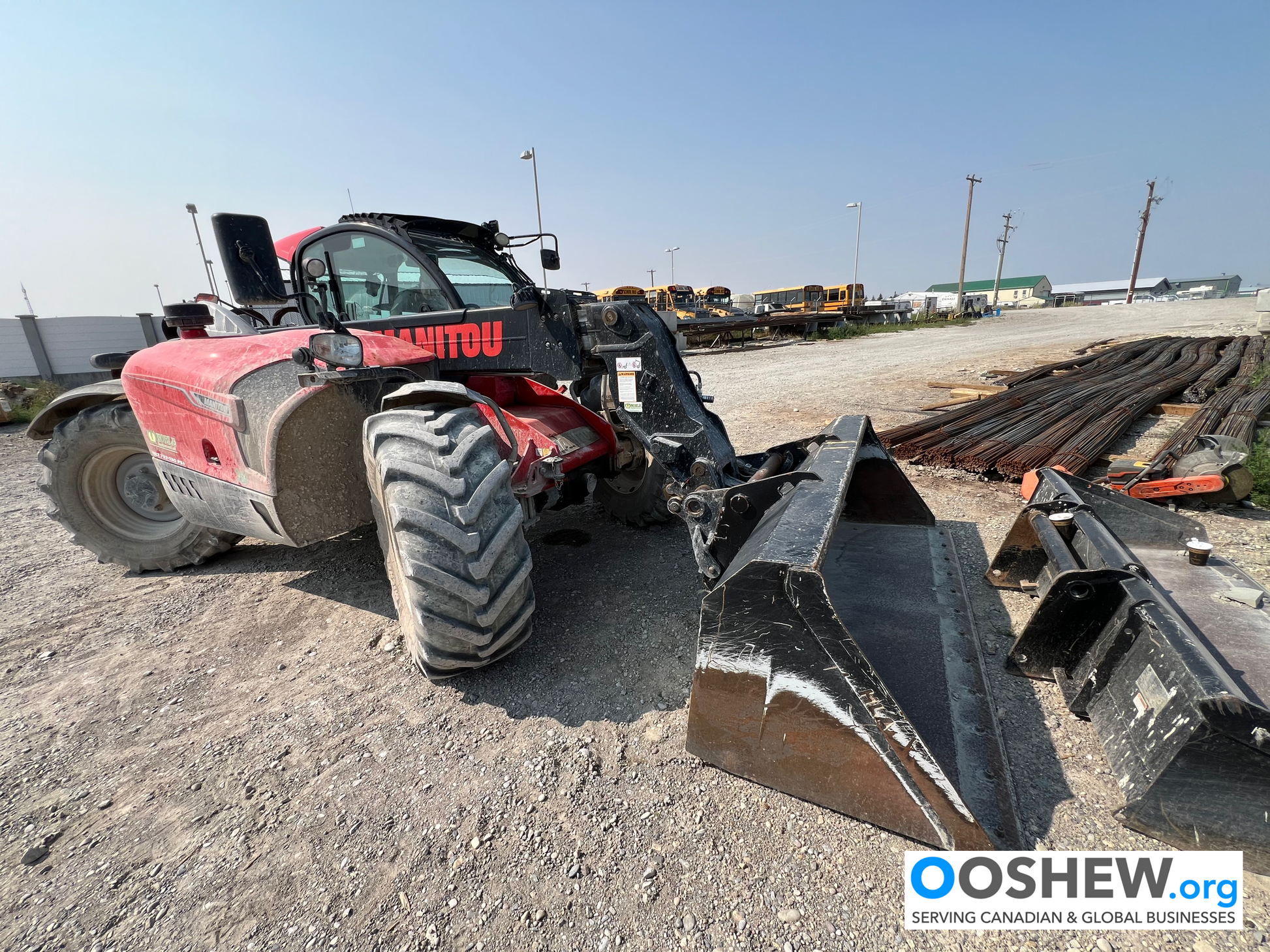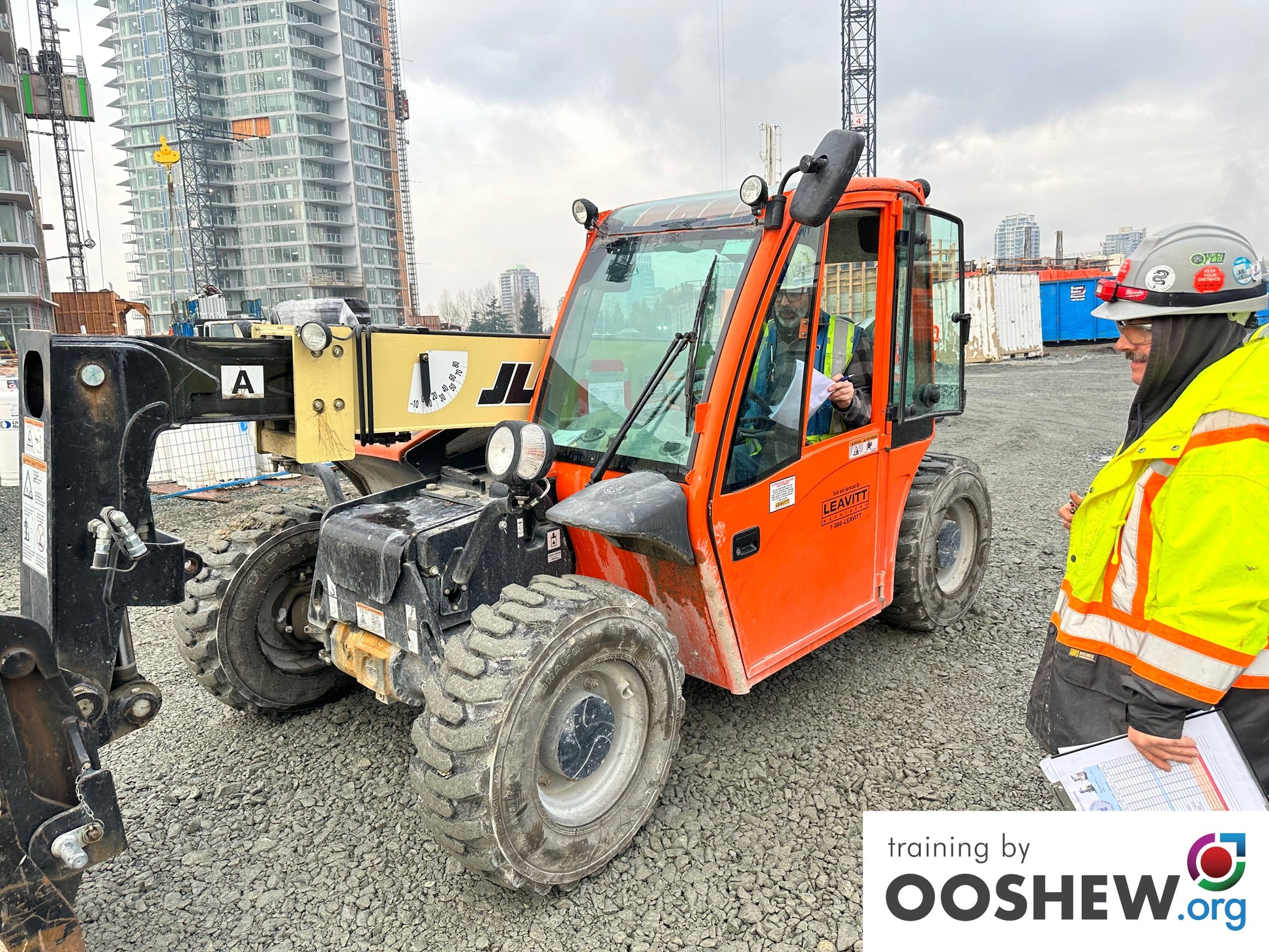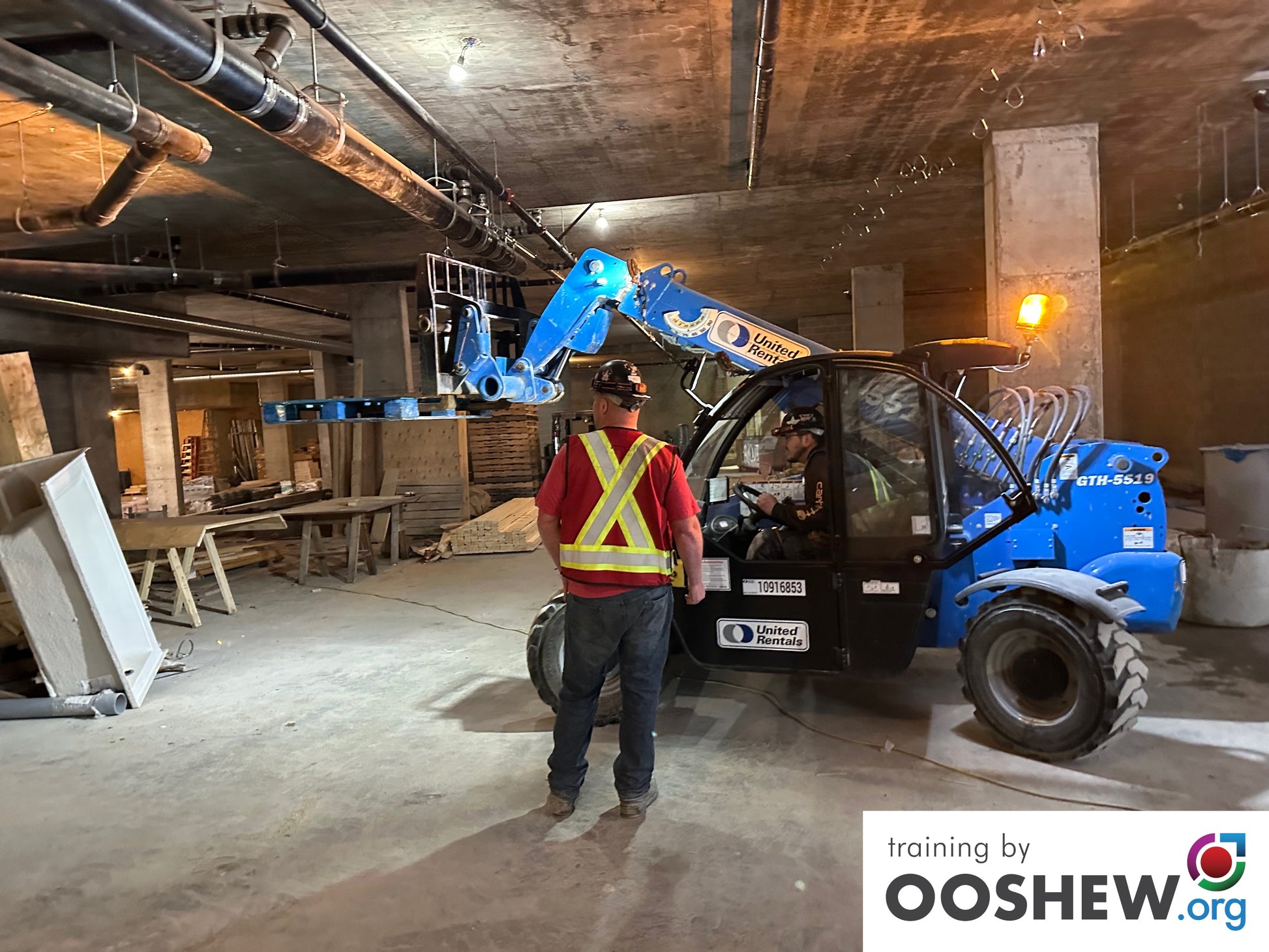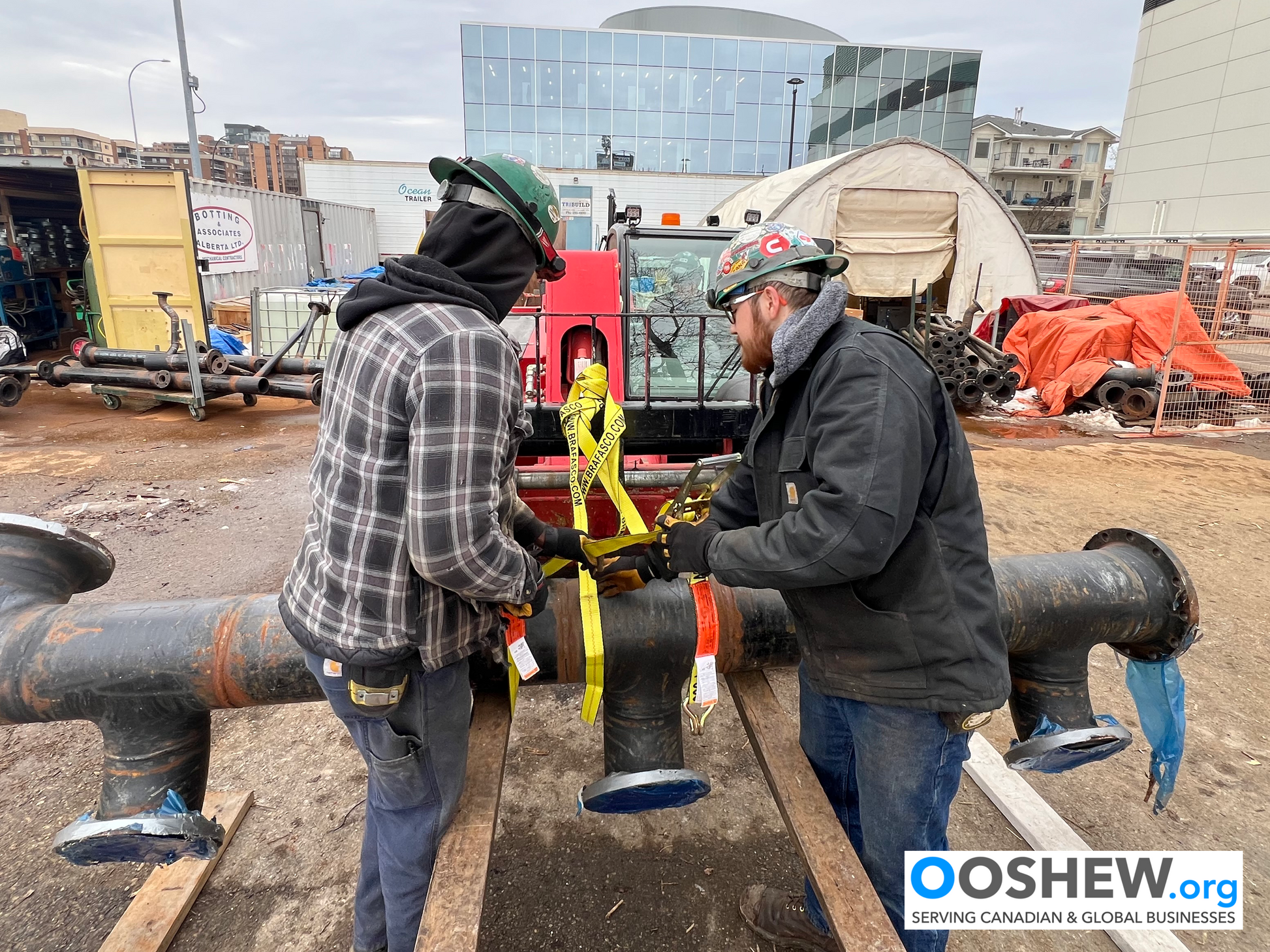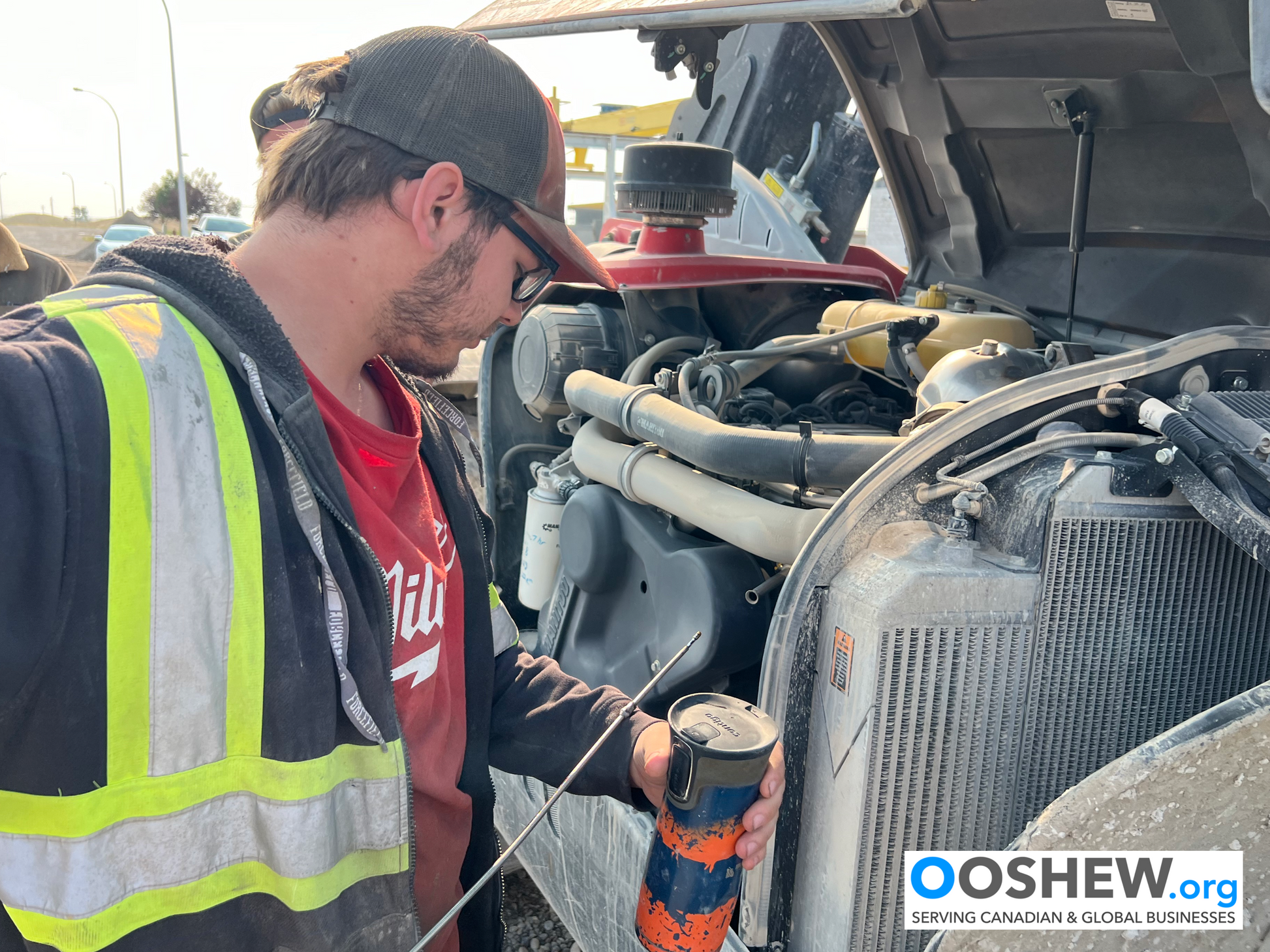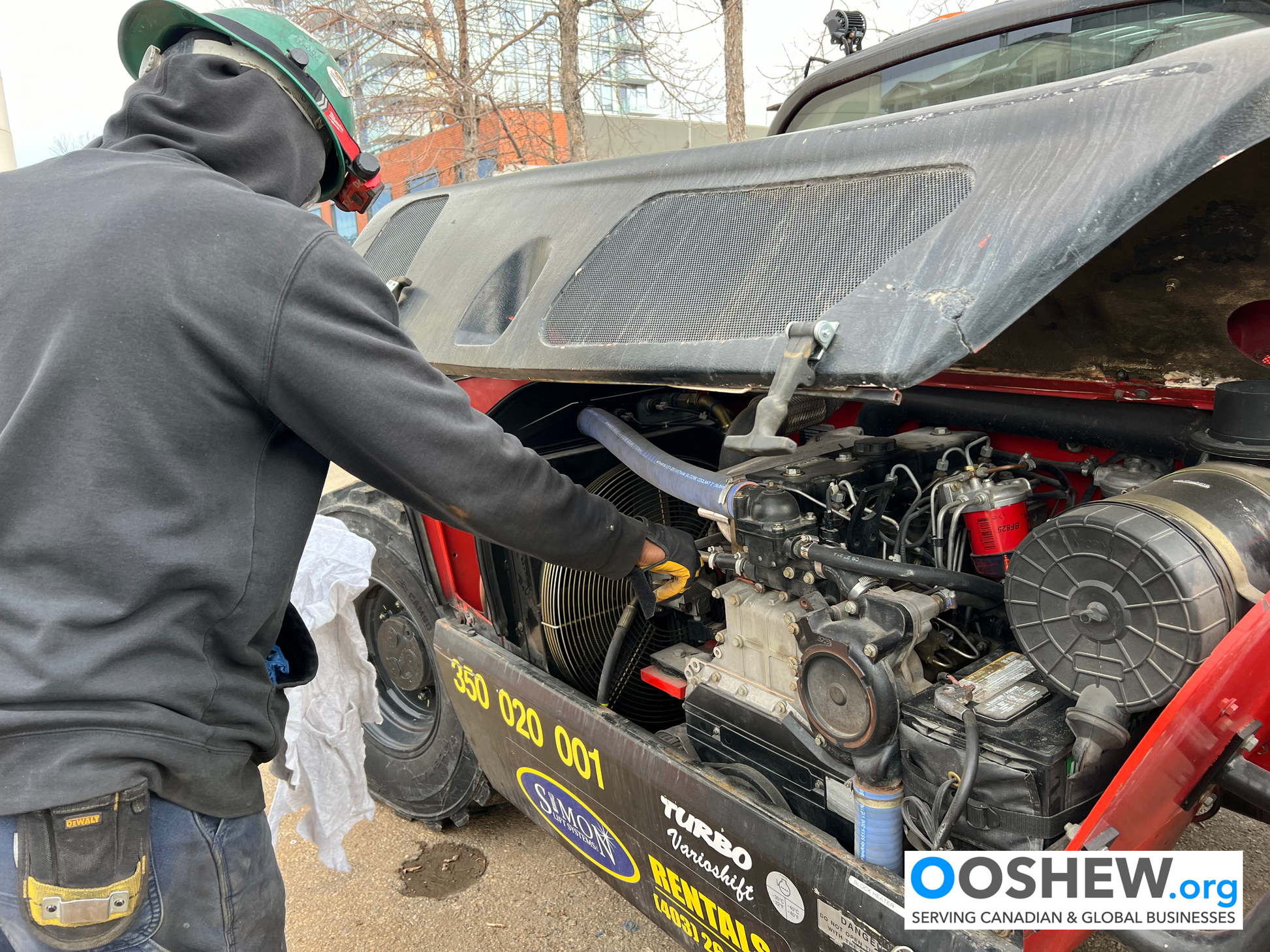Rough Terrain Forklift and Telehandler
Rough Terrain Forklift and Telehandler
Course Type
Equipment operating.
Course Purpose
This course is for a worker whom operates a Rough Terrain Forklift or a Telehandler (Industrial Lift Truck - Class 7), ideal for experienced and new operators.
Also known as a "zoom boom", "variable reach forklift", "telescopic reach forklift".
Training Method
In-person, practical lessons with a RTF or Telehandler.
Class Size
2 - 8 students.
Training Duration
6 - 8 hours (depending on student's skill and knowledge).
Training Locations
In-person training at the customer's location, with the customer's equipment.
Customer Requirements
Customer supplied equipment and load for practical lessons.
Student Requirements
Wear the required Personal Protective Equipment (provided by student):
- PPE as per the training location requirements.
- Safety boots, hard hat, high visibility vest/jacket/overall.
Training Certification
Digital training card as proof of training, includes hyperlinked class photos and course material. Valid for 3 years.
Bonus for Large Employers (50+ students): Access to OOSHEW's robust training database (training records from your employees and your subcontractors).
Course Outline
Literature
- Internet based with rich multimedia information, accessible on computer or mobile device (Apple, Android).
- Start by setting up a free account Click Here to Get the Mobile App
Theory Lessons
- Applicable OHS Regulations (Federal, Provincial).
- Applicable CSA Standards.
- Operator responsibilities.
- Hazard and Risk Assessment for operating the equipment safely in the workplace.
- Safe operating procedures.
- Emergency planning and response.
- Safe approach limits to energized equipment and power lines.
- Hand signals and working with a spotter.
- Manufacturer specifications for the equipment being trained on.
- Equipment purpose and limitations.
- Equipment stability.
- Equipment preventive maintenance practices.
- Equipment inspection criteria.
- Equipment transport.
- Types of equipment attachments.
Documentation Lessons
- Completing a Hazard and Risk Assessment.
- Completing a pre-use inspection checklist.
Practical Lessons
- Inspecting the equipment and surrounding work area.
- Safe load handling (and load securement where applicable).
- Safe equipment startup, operating, shutdown and parking.
- Communicating with a spotter (hand signals, 2-way radio).
- Attaching and removing lifting accessories.
- Replacing a propane cylinder (if equipped).
- Fuelling the equipment.
Pricing
- Private Group Rate at the Customer's Location: $1,600.00 (first 4 students) + $300.00 per additional student.
- Platinum Members: 15% discount.
- Additional Fees: Out of town travel expenses and accommodations when applicable.
Share
